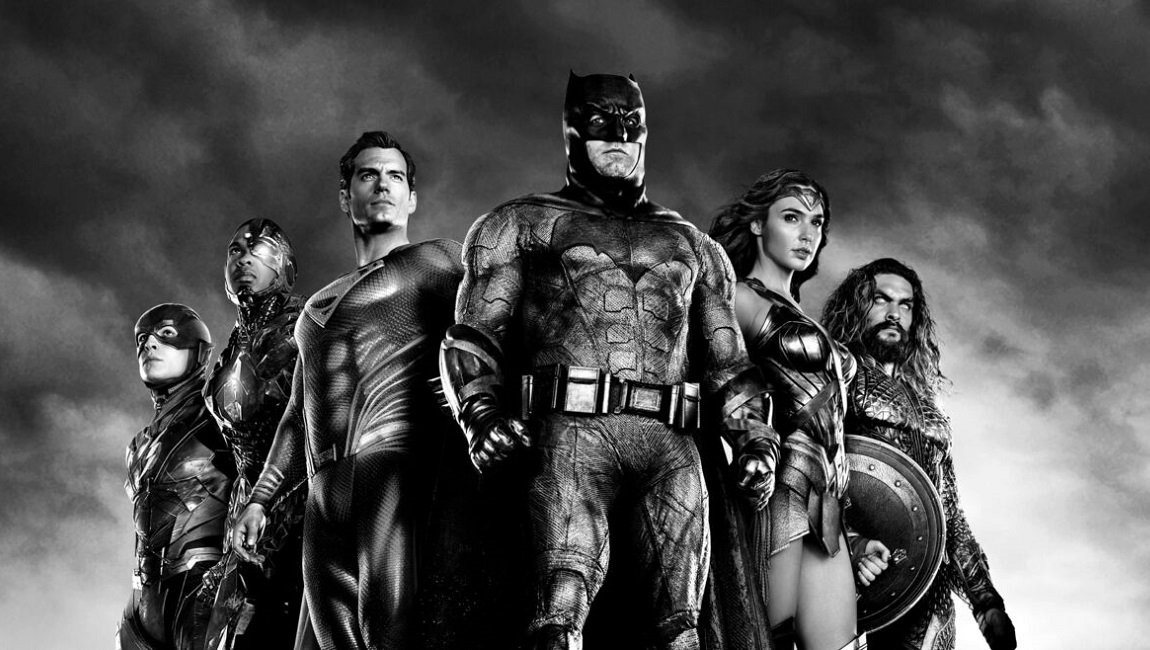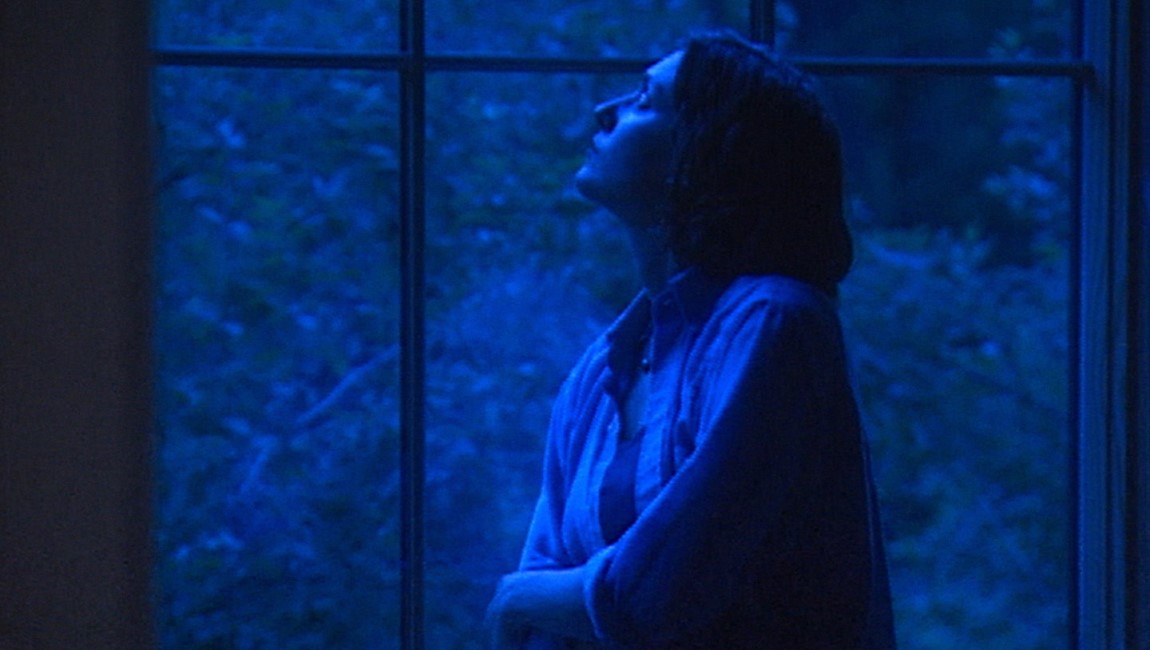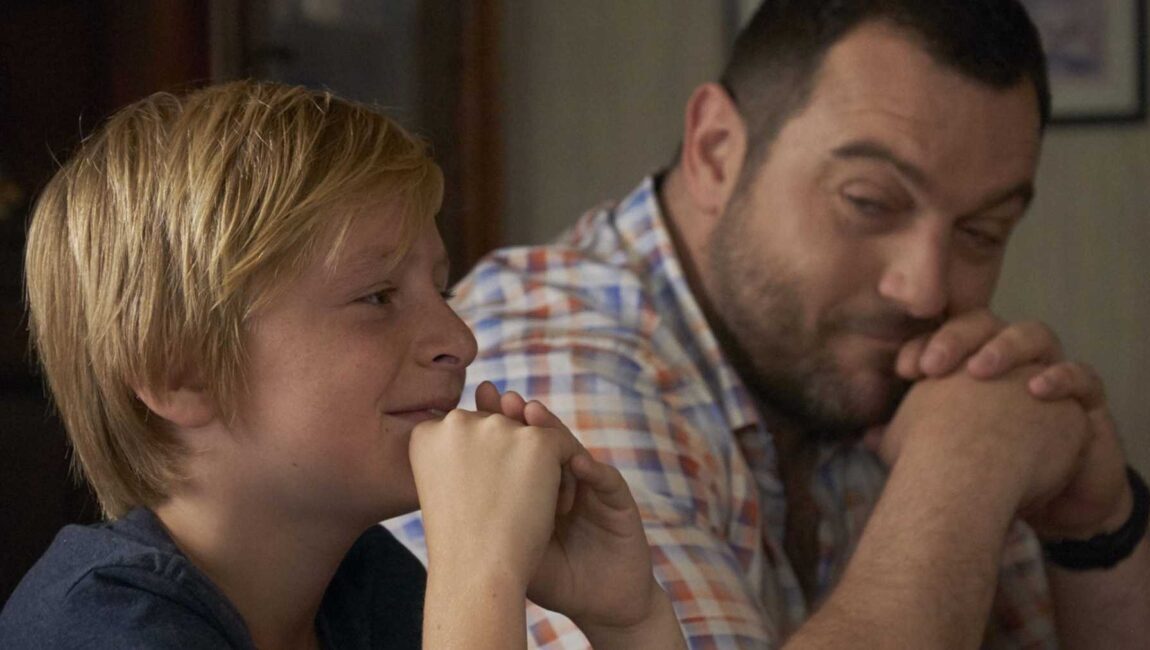#15. When the long-rumored director’s cut of Zack Snyder’s aborted 2017 feature Justice League emerged on HBO Max this March, it was, upon release, among the most improbable blockbusters in recent memory. The movie’s journey from rumored laptop file to TV screens, and the heated discussions about ethics in fandom that surrounded its release, are themselves events worthy of a movie, and Justice League (2021) stood out in a recent past characterized by its dearth of maximalist blockbusters. Arriving as if out-of-time, oblivious to this ambient noise, Zack Snyder’s Justice League is a logical counterweight to the director’s previous full-length feature, 2016’s delirious Batman v. Superman, presenting heroes united in common cause instead of divided against themselves. The haunted, fascist Batman who emerged from the events of Batman v. Superman exorcised here becomes our globalist protagonist, making it his life’s mission to create this Justice League which will protect Earth from further extra-terrestrial incursions. This pursuit, which animates the early chapters in Zack Snyder’s Justice League subsumes and further purifies Batman, who appears seemingly absolved in the movie’s final scenes. To the extent that Snyder himself can be read onto the Batman of this film — as many viewers did with the Batman of Batman v. Superman — the parallel narrative of Snyder’s struggle to create his ultimate version of Justice League is an undeniably legible throughline of the film. The results speak for themselves; the Justice League emerges victorious, Earth is (momentarily) saved, and a director’s cut of a three-and-a-half-year-old movie is one of the signature new film releases of our ongoing Covid era.
Despite being comprised of footage which largely pre-dates the much-ballyhooed “Snyder Cut” era, the narrative engine of Zack Snyder’s Justice League (2021) — grief over the loss of Superman, and the complicated relationships the members of the Justice League have with their respective parents — has nonetheless been deepened by the tragic loss of Snyder’s daughter Autumn, which motivated Snyder’s initial departure from the film in 2017. The circumstances are eerily reminiscent of those which surrounded Nick Cave and the Bad Seed’s 2016 album Skeleton Tree, another work unintentionally colored by the loss of a child, whose penultimate track “Distant Sky” is excavated here in a needle drop of un-paralleled synchronicity, an immediate highlight in a filmography characterized by bold soundtrack selections. The film’s four-hour runtime features no shortage of similarly self-aware, unbound moments, awash in homage to sword-and-sandal epics and video games alike, and generously proportioning moments for our heroes to attack and defend gracefully and viscerally; this is certainly Zack Snyder’s Justice League. Other allegations regarding the Joss Whedon-directed re-shoots of Justice League (2017) merit acknowledgment, but this Justice League exists apart from these current events and even the recent past, a glimpse at an alternate future never realized. Whatever the probability of continuing further into this Snyder-verse may be, the existence of Zack Snyder’s Justice League on its own terms is a myth fulfilled; a maximalist, personal work, fittingly dedicated to Autumn in its closing moments and confirming itself as a monumental labor of love.







